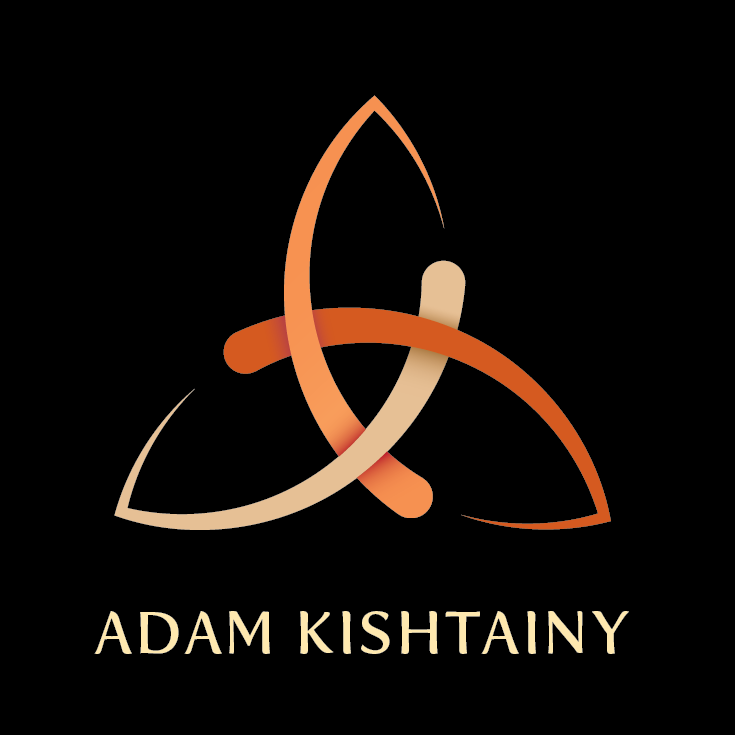Integrative Therapy
This simply means that the therapist is not only using one approach or technique, but can draw on a number of different perspectives, depending on what you need, in order to meet these needs more closely. Below are some of the tools I use in my work.
-
Person centred
This is one of my core principles. I am largely led by you, what you need on any particular day and how you wish to use your session times. I may make suggestions, but you are free to choose how to respond.
-
Relational
Another core principle of how I work, I see one of the most powerful tools in therapy as being the relationship between you and me. What happens in the therapist-client relationship can give insight into other areas of your life.
-
Psychodynamic
The term ‘psychotherapy’ implies a psychodynamic approach. This is where we hope to raise awareness of unconscious processes in order to resolve or change deeply-rooted patterns of behaviour, feelings or relationships.
-
Creative Methods
I see creativity as being a central part of what it means to be human. Whether you are drawn to music, art, drama or movement, creativity can be a powerful way to connect with and process your thoughts and feelings. Everyone is creative and all of the approaches listed here can incorporate creative methods.
-
Trauma Informed
This incorporates an awareness of the natural, in-built bodily responses to trauma that all humans have (often known as flight/fight/freeze/flop). These sometimes become stuck or disrupted following traumatic events, but can be ‘reset’ through trauma-informed therapy.
-
PTMF
At its core, the ‘Power Threat Meaning Framework’ asks the question, “what has happened to you?” in preference to the more common, “what is wrong with you?” It sees mental health difficulties as being natural responses to life’s trials.
-
CATT
An approach that is used with children and adults for removing the effects of PTSD (Post Traumatic Stress Disorder) and C-PTSD (Complex Post Traumatic Stress Disorder). CATT stands for ‘Children’s Accelerated Trauma Treatment’ and is a creative, structured, CBT-based technique.
